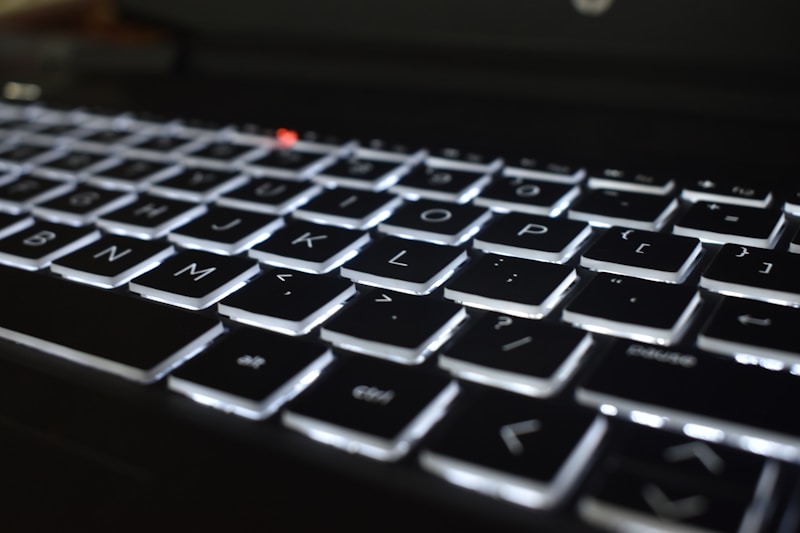Podcast
Questions and Answers
What is the primary function of computers?
What is the primary function of computers?
When were the first electronic computers developed?
When were the first electronic computers developed?
What is the fundamental unit of data used in digital computers?
What is the fundamental unit of data used in digital computers?
What is the primary function of an operating system?
What is the primary function of an operating system?
Signup and view all the answers
What are the physical components of a computer referred to as?
What are the physical components of a computer referred to as?
Signup and view all the answers
Which of the following is an example of a popular operating system?
Which of the following is an example of a popular operating system?
Signup and view all the answers
What marked the beginning of the computer age?
What marked the beginning of the computer age?
Signup and view all the answers
What were used for data processing before the invention of electronic computers?
What were used for data processing before the invention of electronic computers?
Signup and view all the answers
What is characterized by the use of binary digits and transistors?
What is characterized by the use of binary digits and transistors?
Signup and view all the answers
What were the early electronic digital computers like?
What were the early electronic digital computers like?
Signup and view all the answers
What were the early programming languages designed for?
What were the early programming languages designed for?
Signup and view all the answers
What sparked a wave of innovation in computing?
What sparked a wave of innovation in computing?
Signup and view all the answers
Study Notes
Computers are devices that process, store, and display information. They have revolutionized the way we live and work, enabling us to perform complex calculations, analyze vast amounts of data, and communicate with one another across great distances.
Early History
The history of computing can be traced back to the 17th century, when the first mechanical calculators were invented. However, the first electronic computers were developed in the late 1930s and early 1940s. These early computers were large, complex machines that required specialized knowledge to operate.
Digital Computers
Today, most computers are digital electronic devices that use binary digits (bits) to represent and manipulate data. These computers are capable of performing a wide range of tasks, from running complex software programs to controlling industrial processes.
Computer Hardware
Computer hardware refers to the physical components of a computer, such as the central processing unit (CPU), memory, storage devices, and input/output devices. These components work together to process and store data.
Operating Systems
An operating system (OS) is a software program that manages a computer's hardware and software resources and provides common services for computer programs. Examples of popular operating systems include Windows, macOS, and Linux.
History of Computing
The history of computing is marked by a series of milestones, including the development of the first electronic computers, the invention of the microprocessor, and the rise of personal computing. Today, computers are an integral part of our daily lives, and their impact on society continues to grow.
Early History
The early history of computing is marked by the development of mechanical calculators, which were used for simple arithmetic calculations. However, it was the invention of the first electronic computers in the late 1930s and early 1940s that truly marked the beginning of the computer age.
Computer Precursors
Before the invention of electronic computers, there were several devices that laid the groundwork for modern computing. These included punched card machines, which were used for data processing, and electromechanical calculators, which were used for mathematical calculations.
Invention of the Modern Computer
The invention of the modern computer is generally attributed to the development of the first electronic digital computers, such as the ENIAC and the EDSAC. These early computers were large, complex machines that required specialized knowledge to operate.
Toward the Classical Computer
The development of the first electronic digital computers marked the beginning of the classical computer era. These computers were characterized by their use of binary digits (bits) to represent and manipulate data, and their reliance on transistors and integrated circuits to perform calculations.
The Age of Big Iron
The age of big iron refers to the period in the 1950s and 1960s when large, mainframe computers were used by corporations and government research laboratories. These computers were expensive to purchase and maintain, but they provided powerful computing capabilities.
Programming Languages
Programming languages are used to write software programs that can be run on computers. Early programming languages, such as Fortran and COBOL, were designed for scientific and business applications. Later, languages such as C and C++ became popular for developing operating systems and other low-level software.
The Personal Computer Revolution
The personal computer revolution began in the 1970s, with the introduction of the Altair 8800 and other early microcomputers. These computers were smaller, cheaper, and more accessible than their mainframe counterparts, and they sparked a wave of innovation in computing.
The Microcomputer
The microcomputer era began in the late 1970s, with the introduction of the Apple II and other early personal computers. These computers were even smaller and more affordable than their microcomputer predecessors, and they helped to popularize computing among the general public.
Key People
Several key individuals have played a crucial role in the development of computing. These include Alan Turing, who is credited with inventing the concept of the computer, and Steve Jobs, who co-founded Apple Computer and helped to popularize personal computing.
Studying That Suits You
Use AI to generate personalized quizzes and flashcards to suit your learning preferences.
Description
Learn about the history of computers, from the early mechanical calculators to the modern digital computers, including the development of programming languages, operating systems, and the personal computer revolution.




